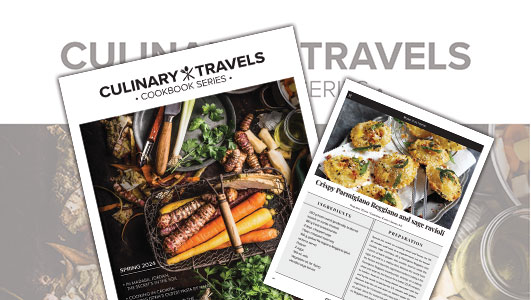Welcome To The First Phase

The federal government has rolled out details of the first phase of its approach to easing border measures for travellers entering Canada.
Beginning July 5, 2021 at 11:59 p.m. EDT, fully vaccinated travellers who are permitted to enter Canada — which includes Canadian citizens, permanent residents and persons registered under the Indian Act; and to foreign nationals eligible to enter Canada as outlined in the current travel restrictions — will not be subject to the federal requirement to quarantine or take a COVID-19 test on day-8.
In addition, fully vaccinated travellers arriving by air will not be required to stay at a government authorized hotel.
Minister of Health, Patty Hajdu said that: “The cautious adjustments announced today are only possible because of the tremendous efforts of Canadians, and additional ones will only happen if we continue to protect each other. Thank you to all those who have stepped up to get their first and second dose. If you haven’t, get vaccinated when it’s your turn, follow up for your second dose, and continue to follow public health measures.”
However, Minister of Public Safety and Emergency Preparedness, Bill Blair said that: “At this time, the Government of Canada continues to strongly advise Canadians to avoid non-essential travel. Although the future is looking brighter than it has for a long time with COVID-19 cases on a downward trend and vaccination efforts going well across the country, we can’t let our guard down. Our phased approach to easing border measures is guided by facts, scientific evidence, and the advice of our public health experts. In all that we’re doing in response to this pandemic, our top priority continues to be the health, safety and security of all Canadians.”
How They Apply
For these new measures to apply to them, fully vaccinated travellers must still meet all other mandatory requirements, including pre- and on-arrival testing. Continued testing will allow public health experts to keep monitoring positivity rates at the border, monitor for variants of concern, and make further adjustments to border measures as needed.
Fully vaccinated travellers must also be asymptomatic, have a paper or digital copy of their vaccination documentation, and provide COVID-19-related information electronically through ArriveCAN prior to arrival in Canada.
Those travellers must also still present a suitable quarantine plan, and be prepared to quarantine, in case it is determined at the border that they do not meet all of the conditions required to be exempt from quarantine.
And, as with all other exempt travellers, they will be required to follow public health measures in place, such as wearing a mask when in public, keep a copy of their vaccine and test results, as well as a list of close contacts for 14 days after entry to Canada.
To be considered fully vaccinated, a traveller must have received the full series of a vaccine — or combination of vaccines — accepted by the Government of Canada at least 14 days prior to entering Canada.
Currently, those vaccines are manufactured by Pfizer, Moderna, AstraZeneca/ COVISHIELD, and Janssen (Johnson & Johnson).
Travellers can receive their vaccine in any country, and must provide documentation supporting their vaccination in English, French or with a certified translation.
Minister of Transport Omar Alghabra said that: “Our government continues to closely monitor traveller positivity rates upon entry to Canada, to help protect Canadians. Today, we announced that we will be eliminating pre-departure temperature screening for international travellers coming to Canada. Also, given the number of COVID-19 cases continue to be very high in India, we have extended our flight restrictions for this country. We will continue to assess the evolving situation and determine appropriate action going forward.”
Minister Alghabra also confirmed that Canada was continuing the flight ban between Canada and India to July 21; but it would not be renewing the ban on flights between Canada and Pakistan.
No Change In Rules For Unvaccinated Travellers
For travellers who are not fully vaccinated, there are no changes to Canada’s current border measures.
Those travellers must continue to adhere to the current testing and federal quarantine requirements, which have been effective in reducing importation and transmission of COVID-19 and variants in Canada, and provide COVID-19-related information electronically through ArriveCAN before arriving in Canada. Unvaccinated air travellers must also book a three-night stay at a government-authorized hotel before their departure to Canada.
Dominic LeBlanc, President of the Queen’s Privy Council for Canada and Minister of Intergovernmental Affairs, pointed out that: “This is the first phase of our precautionary approach to easing Canada’s border measures. At this time, we are not opening up our borders any further. The Government of Canada continues to work globally through the World Health Organization as well as closely with the provinces, territories, Indigenous partners and American authorities on moving forward toward reopening in a way that is safe for both countries.”


